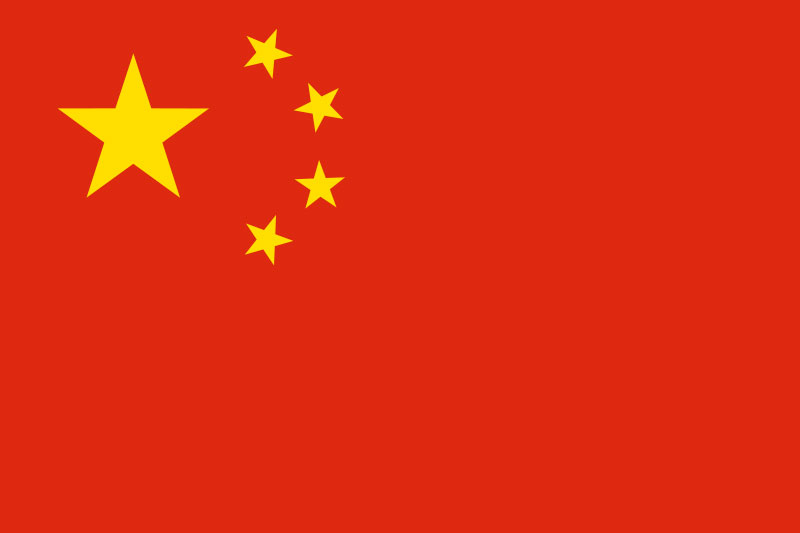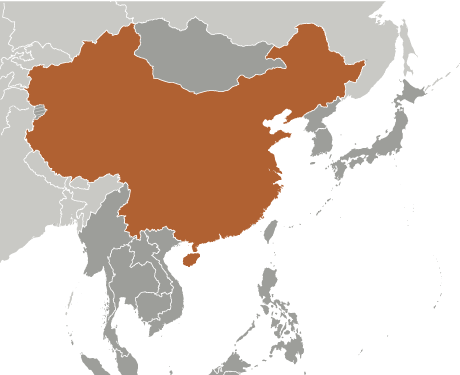
China
What's New
-
28 April 2016
China’s FOIA Turns Eight
By Jamie P. Horsley The author is a Fellow at the Woodrow Wilson International Center for Scholars, affiliated with the Kissinger Institute for China and the U.S., on leave from the Yale Law School Paul Tsai China Center. The views expressed in this article are solely those of the author. May 1 marks the eighth […]
-
23 December 2015
RTI in China: The Article 19 Report
The following chapter is from the Article 19 report on the right to Information in Southeast Asia. Constitutional Framework China’s Constitution does not expressly mention the right to information but grants Chinese citizens freedom of speech, of the press, of assembly, of association, of procession and of demonstration. Right to Information Act The path towards […]

Chronology of Open Government Information (OGI) in China
(Prepared by Freedominfo.org contributor Jamie Horsley, Deputy Director of the China Law Center, Yale University, Senior Research Scholar and Lecturer in Law, Yale Law School)
March 1988 The Second Plenum of the 13th Central Committee of the Communist Party of China called for openness of work systems as an important component of honest government, and approves experiments in open government affairs
September 1997 General Secretary and President Jiang Zemin calls for “open government affairs” in his report to the 15th National Communist Party Congress
November 1998 The Organic Law of the People’s Republic of China on Villagers Committees” institutionalizes village-level self-governance and the “open village affairs” system, especially for fiscal transparency
December 2000 “Notice of the General Offices of the Central Committee of the Communist Party of China and the State Council on Comprehensive Implementation of an Open Government Affairs System in Organs of Political Power at the Town and Township Level Throughout the Country” called for promoting “open government affairs” at the town and township level, and for implementation of “open government affairs” at the county (city) level and above
December 2001 China joins the World Trade Organization and signs on to certain international transparency commitments
November 2002 Guangzhou City in Guangdong Province adopts China’s first local OGI Provisions, effective January 1, 2003, which established a clear presumption of disclosure and for the first time in Chinese history require government organs to proactively disseminate government information and gives “natural persons” the right to request information from the Guangzhou government
January 2003 Shanghai Municipality adopts China’s first provincial-level OGI Provisions, effective May 1, 2004, establishing a comprehensive structure for implementing and reporting on the OGI system
March 2004 China’s State Council issues the “Outline on Implementing the Comprehensive Promotion of Administration in Accordance with the Law,” which sets administrative transparency and promoting OGI as nationwide governmental objectives
March 24, 2005 The “Opinions of the General Offices of the Central Committee of the Communist Party of China and the State Council on Further Promoting Open Government Affairs” articulated Party and central government policy to encourage greater administrative transparency and called for formulating national OGI Regulations
January 2007 China’s State Council adopts the Regulations of the People’s Republic of China,” nationwide administrative measures that were published April 2007 and called for institutionalizing information disclosure systems throughout the government at all levels down to the town and township
August 4, 2007 The “Notice of the General Office of the State Council on Preparing Well for Implementing the Regulations of the People’s Republic of China on Open Government Information” set timelines for government organs to prepare required catalogues of and guides to requesting government information
April 29, 2008 The “Opinions of the General Office of the State Council on Various Issues of Implementing the Open Government Information Regulations of the People’s Republic of China” provided some useful guidance including that classified information can be redacted to permit disclosure of at least portions of the record, but also specified that, if requested information does not relate to the requester’s “special needs” as mentioned in Article 13 of the OGI Regulations, the government organ may decline to release the information.
May 1, 2008 The OGI Regulations take effect on International Labor Day holiday
May 5, 2008 First lawsuit under the OGI Regulations is filed by five retired workers in Rucheng County, Hunan province, seeking to make public an investigative report contracted by the county government concerning the reorganization of the workers’ former government-owned employer
May 12, 2008 Chinese government handles reporting on and response to massive earthquake in Wenchuan, Sichuan province with unprecedented initial transparency linked to advent of the OGI Regulations
October 7, 2008 First reported court decision finding in favor of a plaintiff requester, who sued the Huangzhou District Transportation Bureau in Huangqu City, Hubei province, over its failure to respond to a request for information concerning motorcycle regulations
January 12, 2010 The “Opinions of the General Office of the State Council on Improving the Work of Disclosing Government Information Upon Request” clarify the scope of “government information” and restrictions on the right to request information, and calls for more government efforts proactively to disseminate information
March, 2010 China’s central and local governments issue budgets with greater levels of detail.




















